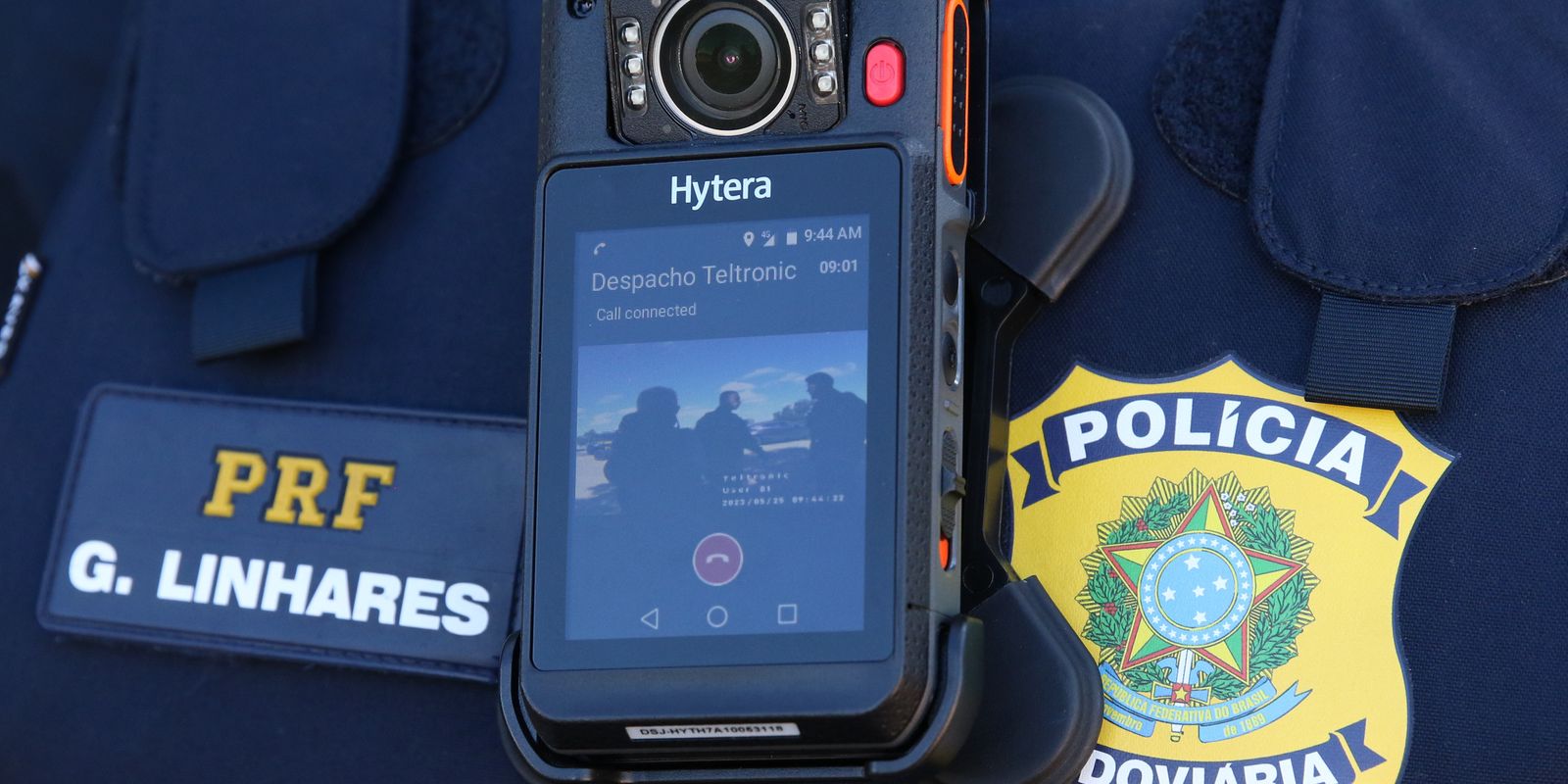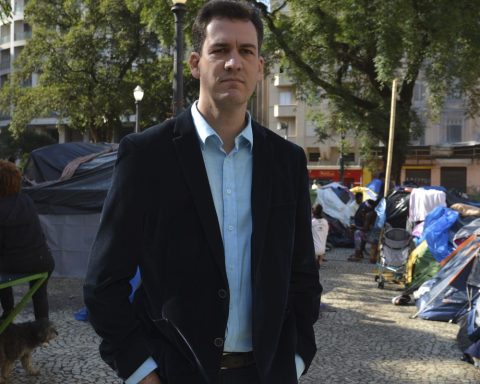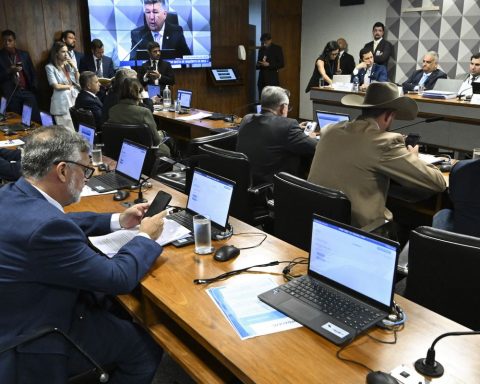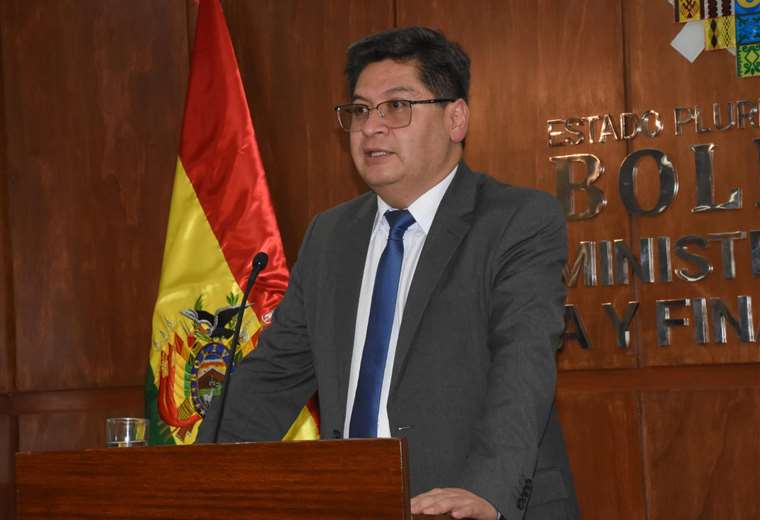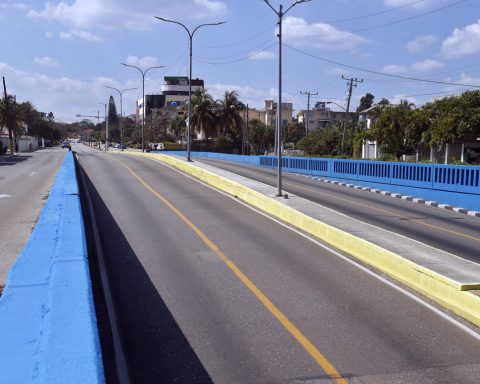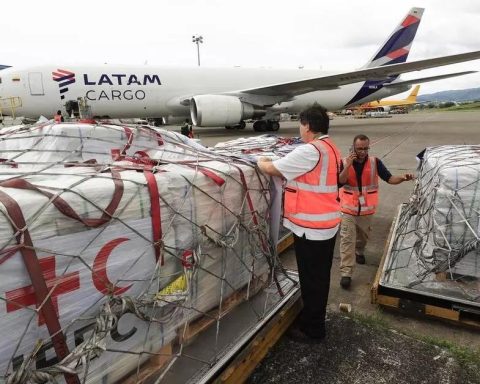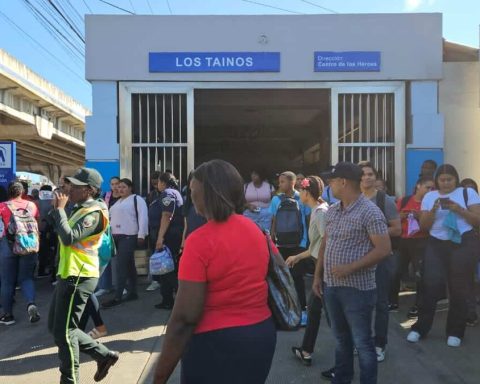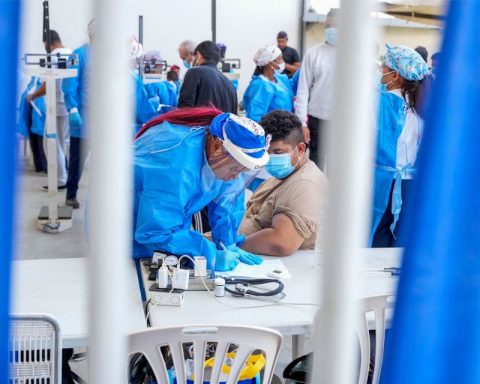Based on evidence and application in more than 40 countries, the Ministry of Justice and Security launched, this Tuesday (30), the document Body Cameras: A Documentary and Bibliographic Review. Authored by consultant Pedro Souza, professor of Economics at Queen Mary University, London. The aim of the publication is to provide support for the formulation of public policies in states and municipalities, contribute to improving police practices and strengthen society’s trust in public security institutions.
In his presentation, Pedro Souza said that police cameras are used in more than 40 countries and that evidence from around the world indicates improvements in the performance of police actions and in their relationship with society. For him, body cameras have contributed to reducing police lethality. In the case of the Military Police (PM) of São Paulo, the study reveals that the “body camera effect” reduced lethality against the black population by 57%.
Developed in partnership with the United Nations Development Program (UNDP) and the Brazilian Cooperation Agency (ABC), the diagnosis is one of the products contracted through the international technical cooperation agreement signed by the Directorate of the Unified Security System (Dsusp). “The diagnosis is a valuable resource for researchers, public managers and all those interested in the topic of public security and in promoting more transparent and fair police action,” said Dsusp director Isabel Figueiredo.
The study includes a bibliographic analysis of national and international practices involving the use of body cameras by public security agents, in addition to a documentary and normative evaluation of the guidelines and practices of international and national public security organizations on the use of these devices.
In May, the Minister of Justice and Public Security, Ricardo Lewandowski, led the launch of new guidelines on the use of body cameras by public security professionals, and called the initiative a “civilizational leap forward in terms of guaranteeing fundamental rights.” According to the minister, the draft of the new guidelines was the result of several months of scientific studies, analyses, public hearings and meetings with experts.
New guideline
According to the new directive, the devices must be used by members of the Federal Police; Federal Highway Police; Federal Penitentiary Police; military police; military fire departments; civil police; state penitentiary police and municipal guards, among other corporations, as well as agents mobilized by the National Public Security Force and the National Penitentiary Force.
When and how to use cameras
In activities that require overt action, whether ordinary, extraordinary or specialized; in the identification and checking of assets; during personal, vehicle or home searches; throughout operational actions, including those involving demonstrations, control of civil disturbances, interdictions or repossessions; compliance with determinations of police or judicial authorities and court orders; external expertise; inspection and technical inspection activities; search, rescue and salvage actions.
Equipment must also be used when escorting inmates; in all interactions between police officers and inmates, inside or outside the prison environment; during routine prison activities, including when assisting visitors and lawyers; in interventions and resolution of crises, riots and rebellions in the prison system; situations of opposition to police action, potential confrontation or use of physical force; traffic accidents and preventive and ostensive patrolling, or when carrying out routine procedures in which arrests, acts of violence, bodily harm or deaths occur or may occur.
The recording of body cameras will be carried out in accordance with the rules established by public security agencies, and may occur alternatively or, at the same time, by automatic, remote activation or by the members of the public security agencies themselves.
